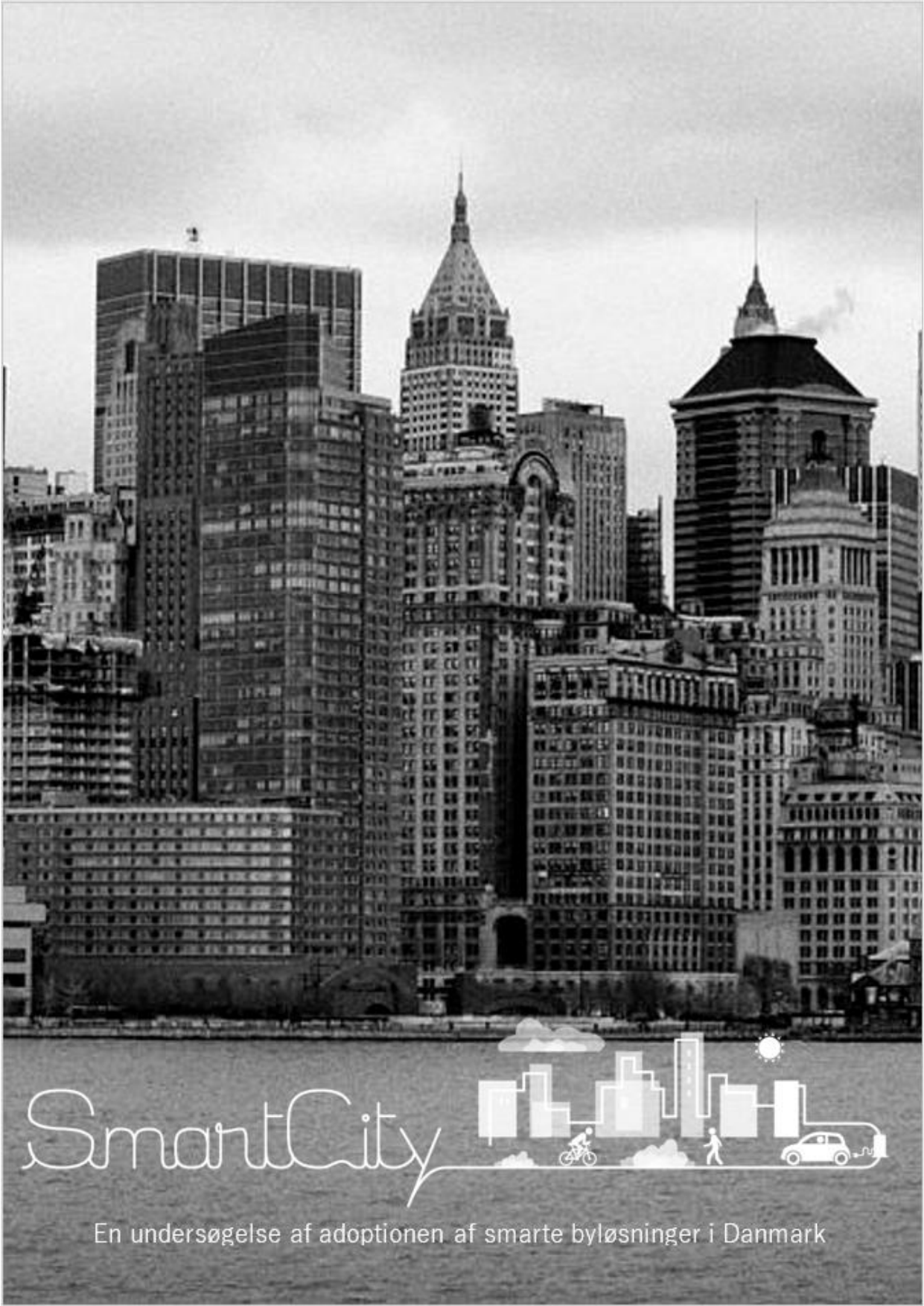
Smart City - en undersøgelse af adoptionen af smarte byløsninger i Danmark
Oversat titel
Smart City - a study of the adoption of smart city solutions in Denmark
Forfatter
Semester
4. semester
Uddannelse
Udgivelsesår
2017
Afleveret
2017-06-01
Antal sider
106
Abstract
Flere udfordringer og problemstillinger opstår i den urbane kontekst. Dette projekt undersøger ét af de koncepter – Smart City - der har til formål at imødekomme disse udfordringer, skabe forøget livskvalitet og involvere brugere og teknologi i udviklingen af fremtidens byer. Smart City er anvendelsen af teknologi, data og partnerskab der skaber udvikling i byen, præget af teknologiske, innovative aktører og medborgerskab, hvorfor dette koncept undersøges i dette projekt. Dette projekt undersøger hvorfor og hvordan adoptionen af Smart City bør foregår og søger at afdække hvordan adoptionen af et sådant koncept kan forholde sig til byens lokale kontekster, rumlige relationer og forhold, da det ofte viser sig at være i adoptionen og tilpasningen til disse, at udfordringerne ved en sådan proces opstår. Projektet består desuden af en analyse og diskussion af, hvorvidt det er muligt at undgå at Smart City adopteres og anvendes udelukkende med fokus på den teknologiske dimension, men i stedet med fokus på at det er borgernes og institutionernes behov der bestemmer hvilke teknologiske aktører der skal anvendes for at imødekomme byens udfordringer og forbedre livskvaliteten.
The aim of this project is to investigate how Smart City is travelling from one city to another, focusing on the process where a city is adopting strategies and initiatives from another city. This project argues, on the behalf of Tait and Jensens (2007) theory “Travelling Ideas”, how this process is quit challenging, causing problems for the adoption process, whenever a macro actor – such as local governance, society or spatial dimensions, is translated from one city to another. This complex process causes challenges because the local context, spatial relationships and conditions will not be similar between the two cities, since these are localized and place determined. Cities cannot simply copy good practices on Smart City governance, but needs to develop approaches that fit their own situation. Based on this, the project focuses first on why a city should focus on using Smart City as a vision for development, and next how the city should approach the use of Smart City and create strategies. The Smart City has a shared vision and adaptive use of social governance and citizen participation, which is highlighted as just as important as the technologic dimension. The technologic dimension should act only as a tool, solving the myriad problems the city faces and the needs to which the institutions and citizen’s demands. Political involvement and attention is important to increase, since they are the forces that can embed Smart City development in democratic institutions, while the public value has a consumer approach, thus it is the needs and wants of the collective citizens that is important when evaluating which technologic actors should be implemented in the city. Despite this, practitioners using the Smart City vision has a tendency to narrow all focus only on the technological dimension, only relying on the possibilities these actors possess, and thereby forgetting that it is the citizens and institutions that should act as decision makers, and that the technological dimension should only act as a tool. Because of this, the project seeks to determine how a city – based on a Danish case, where Smart City is used as a vision for a cooperated project between 10 municipalities in Copenhagen – can use Smart City and the three dimensional aspect that creates the smarter city in a way, where the planning process and strategies focuses on all three dimensions instead of just the one, technical dimension.
Emneord
